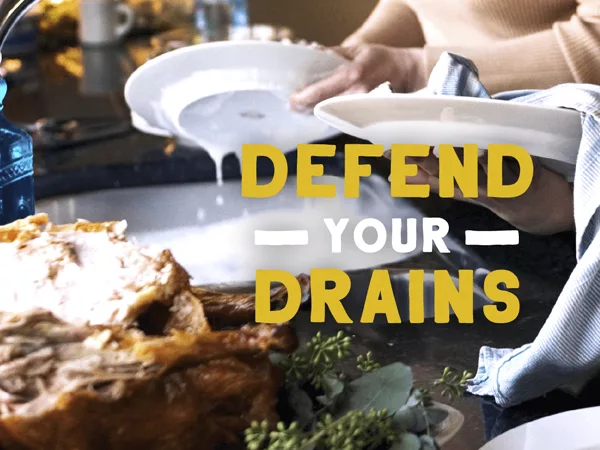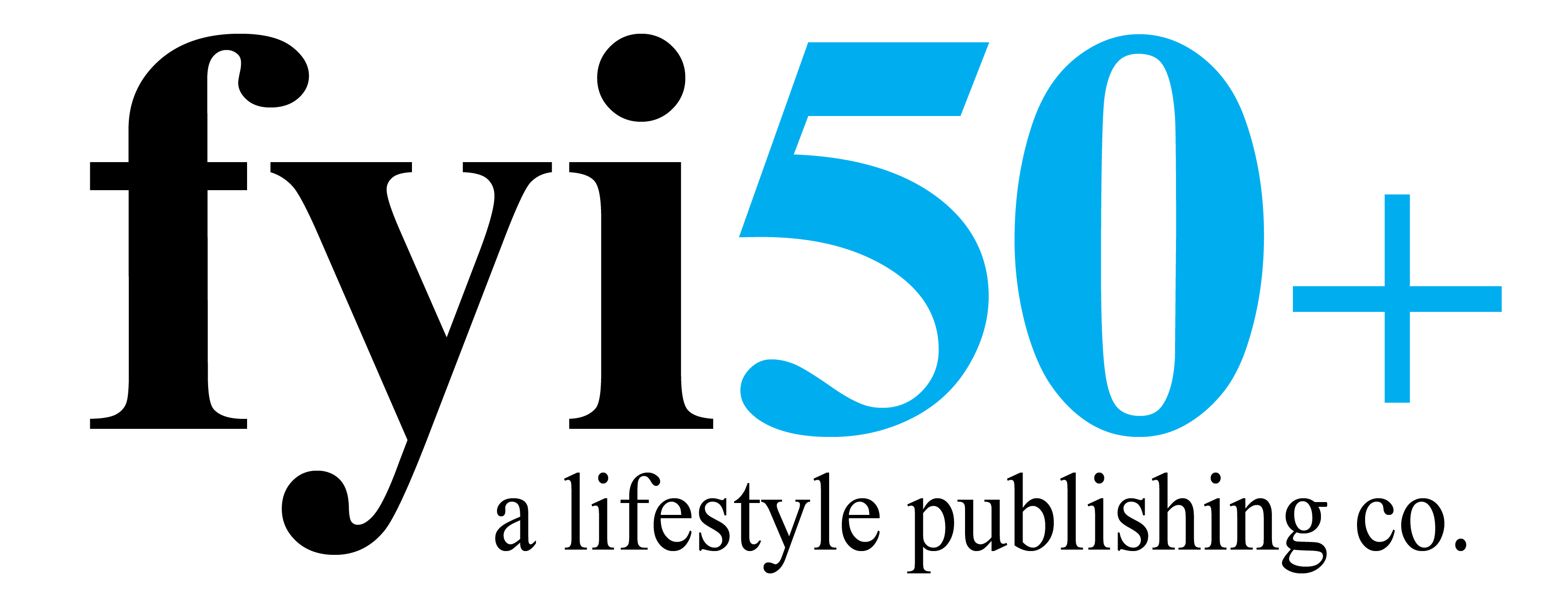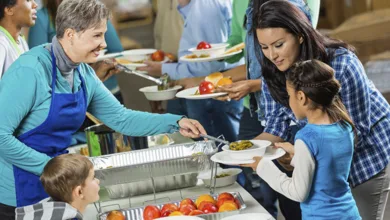Recipe for a Fat-Free Holiday

The holidays are a time for family, food, and fun. The kitchen bustles with the preparation of delicious dishes and special treats to mark the season. All the extra cooking means more dishwashing that can send your sink and garbage disposal into overdrive. But what happens to all the delicious food scraps, and rich gravies that go down the drain?
They become wastewater.
Wastewater is the used water from your sinks, toilets, showers, and dishwasher that leaves your home through underground pipes. Your home plumbing connects to a sewer main in the center of your street. All the homes in your neighborhood also connect to the same or similar sewer mains. Community sewer mains run even further and connect to a larger sewer pipe that takes everything in it to a wastewater treatment plant. The wastewater treatment plant cleans and treats the water from homes, businesses, restaurants, hospitals, and industries. Biology and people clean the water to a level where it can be safely released into creeks that lead into lakes, like Lavon Lake.
The North Texas Municipal Water District (NTMWD) operates 13 wastewater treatment plants that serve 24 communities in North Texas. The staff works around the clock, even on holidays, to clean your wastewater.
We can all help them do their job by not pouring fats, oils, and grease down the drain. Fats, oils, and grease are liquids when they are warm but can harden inside pipes, causing clogs and backups in your home, your neighborhood, and gunk up equipment at the wastewater treatment plant.
All kinds of butter, oils, creams, and food scraps rinsed down the sink can harden inside your pipes or the larger sewer pipes even if you use the garbage disposal. Over time, this buildup restricts the water flow and can cause a backup in your home or neighborhood. Backups are messy, icky, and expensive.
Instead, Defend Your Drains and keep your pipes flowing freely by following these simple steps:
- Scrape dishes clean into the trash or compost before you wash them.
- Give your garbage disposal a break by tossing or composting food scraps instead. Remember, pipes carry liquids, not solid items.
- Dispose of fat trimmings in the trash, not in the disposal. PRO TIP: Freeze them in a bag until garbage day to reduce odors.
- Collect grease from meats in an empty tin can, let it cool, and then trash it.
- Remind your guests to use the bathroom trash can for dental floss, cotton swabs, and disposable wet wipes, even if they are labeled flushable. These items will not break down like toilet paper and can clog your home plumbing.
Are you deep-frying during the holidays?
Recycle your used cooking oil for free during the Holiday Grease Roundup. The 2021 Holiday Grease Roundup is happening now until Monday, January 10, 2022. We will recycle collected cooking oil into biodiesel or biogas, reducing landfill waste and producing an alternative clean and green fuel. Collect cooled cooking oil in a sealable container and drop it off behind NTMWD Environmental Services, 201 E. Brown Street, Wylie, Texas. You can also contact your city and ask how to recycle used cooking oil in your community.
Remember your sinks and toilets are not trash cans. Dispose of personal care products and wet wipes in the garbage. Recycle fats, oils, and grease before they cause unpleasant and expensive problems.
These simple steps will Defend your Drains for a happy and clog-free holiday!






